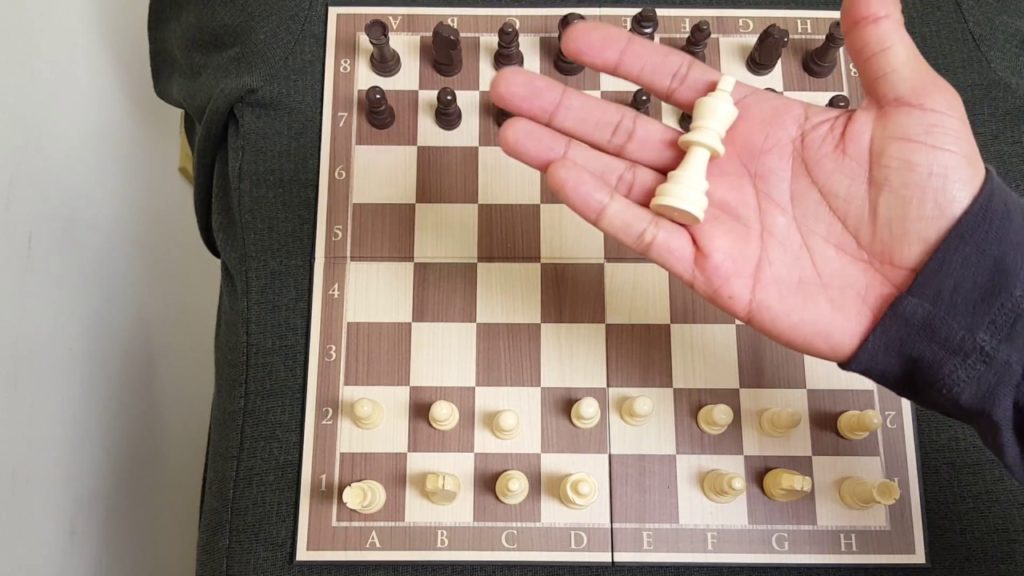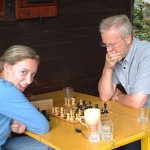Consejos para principiantes Oponente y jaque innecesarios


beginners - the constant practice of the Chess makes the master. In the process, we must fully trust what you have learned by observing not only what you as a player and opponent can do. In the same way a chance of capture can be the perfect trap that tilts the balance in favor of our opponent. Let's then look at our opponent and avoid checkunnecessary.
Clarify the Chess it's a game involving two people. Many beginners play and wait for their opponents' turn to just think about their next move. You can't always win this way. Usually, in addition to wasting time, you run the risk of playing in the wrong and hasty way, often by the pressure not to lengthen the time.
What we have to do is think for our opponent. Once the move is made, we must ask ourselves, "If it were my opponent what moves I could make." This analysis will allow you to see their weaknesses in defense, which would otherwise go unnoticed until they are not exploited by the opponent. In addition, the cycle is closed with a reaction of yours in mind for every possible move of your opponent. As soon as your opponent makes your move, if there is a match, you will have to analyze less or nothing by playing your turn with confidence.
Another advice, very appropriate for beginners It is to avoid doing checkunnecessary. Not always, this advice is clear to beginners. The idea of check is that this is to make matte or that the product of our opponent's movement is beneficial to us (so we have to sacrifice some piece). Otherwise we must ask ourselves: "What do I gain by doing this check?" If the answer is not yet clear on you it is better to think about the main purpose, the checkmate.
Think our opponent and avoid checks unnecessary should be part of our habits playing the Chess and even more when it is still beginner.
Photo: flickr.com/photos/neilrickards/4162626Related posts:
Chess for beginners - Participants and goals
The pawn as his best piece of attack and defense

Leave a Reply